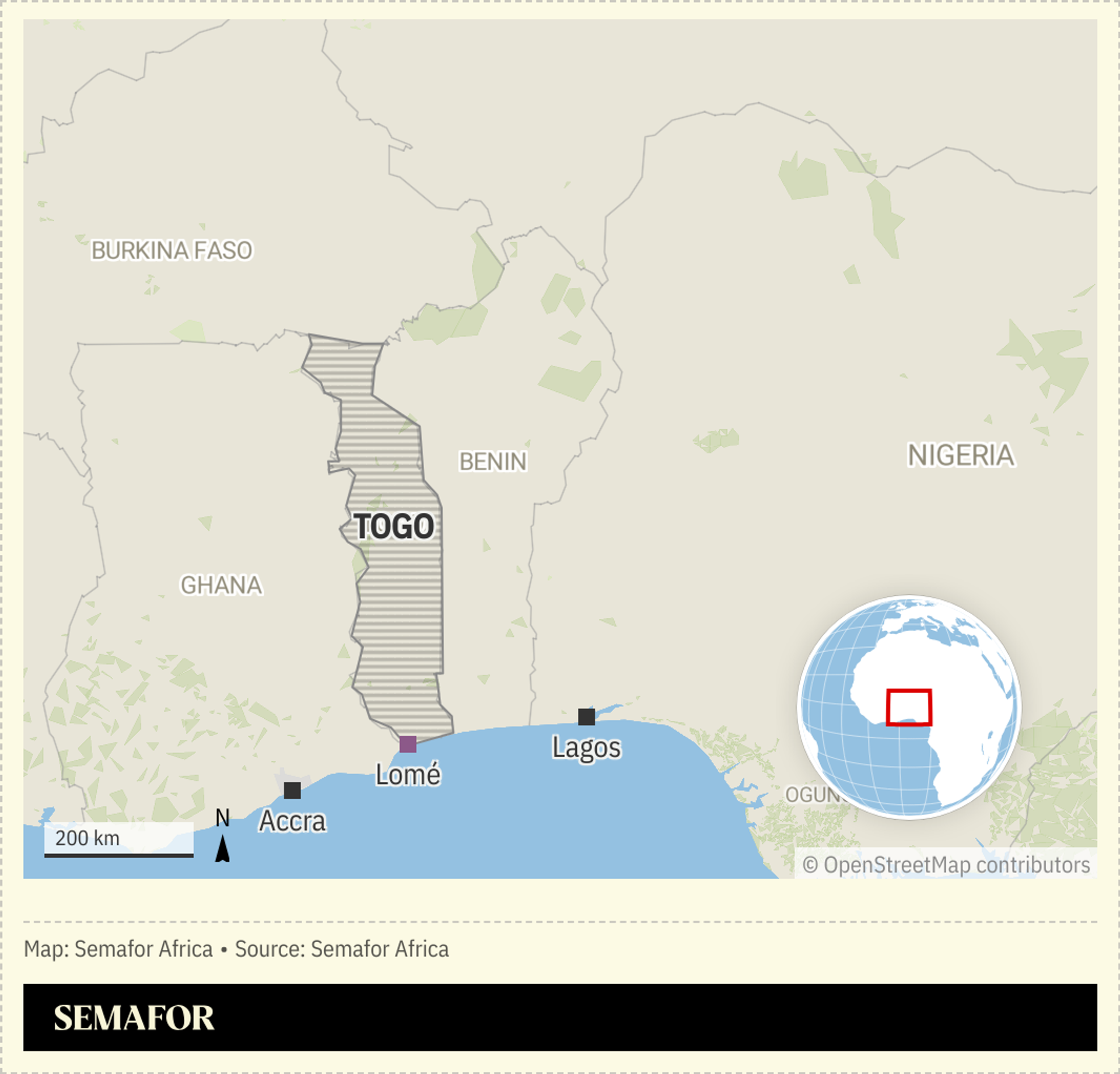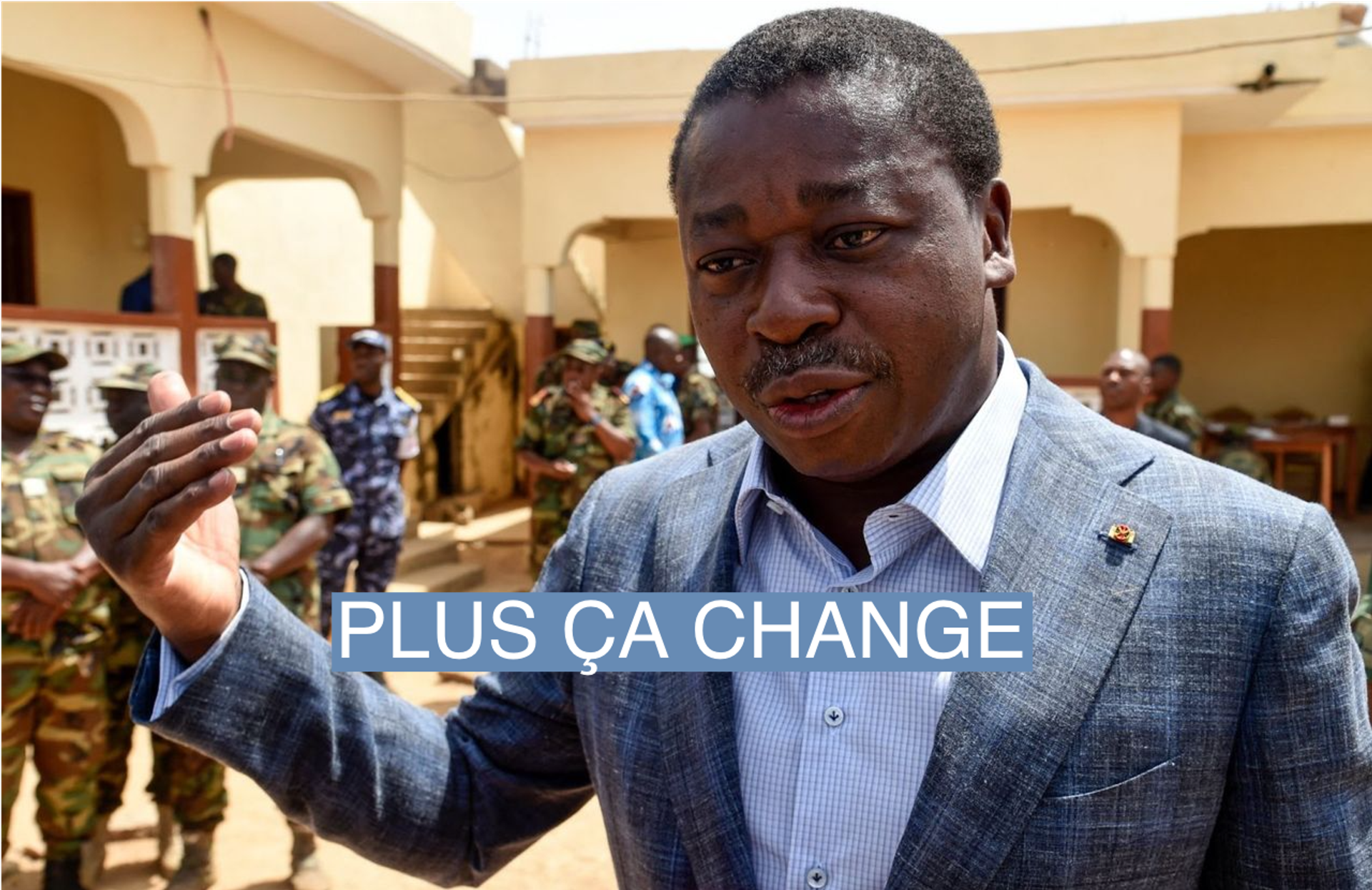The Facts
Opposition groups in Togo are resisting a constitutional amendment that could extend President Faure Gnassingbe’s stay in power for another decade. Gnassingbe, 57, became the West African country’s leader in 2005 following the death of his father, who had ruled since a 1967 coup.
Know More
→ What’s the change? President Gnassingbe proposed changing Togo from a presidential to parliamentary system of government. It would see the transfer of executive power to a “president of the council of ministers,” effectively a prime minister. The change was adopted by 89 out of 91 lawmakers. Gnassingbe has many allies in parliament because opposition parties have boycotted past elections.
→ How would the PM emerge? The prime minister would be the lawmaker leading the majority party in parliament. They would serve a six-year tenure. The president would be a figurehead elected by parliament, no longer by Togolese voters, for a maximum six-year term.

→ What’s the case against the change? Brigitte Kafui Johnson, a former presidential candidate who leads an opposition party, called the proposal a “power grab” by the incumbent leader. Critics say the change would enable Gnassingbe to be elected for another presidential term next February, after the end of his current term which he won in a 2020 election. He could relinquish that role after his term ends to become prime minister.
→ Why does the change matter? It is the latest “undemocratic move” that could fuel tensions and “further [jeopardize] Togo’s fragile social unity,” said Komlan Avoulete, a Sahel researcher at the Foreign Policy Research Institute, a U.S. think tank. Coups in West and Central Africa have also highlighted the fragility of some regimes in the subregion.
→ What have been the consequences? Parliamentary elections due to be held this week were postponed to April 29, as the presidency said it would seek further consultations on the proposal. Meanwhile, security forces have broken up opposition group gatherings against the amendment, and the government has banned protests.
